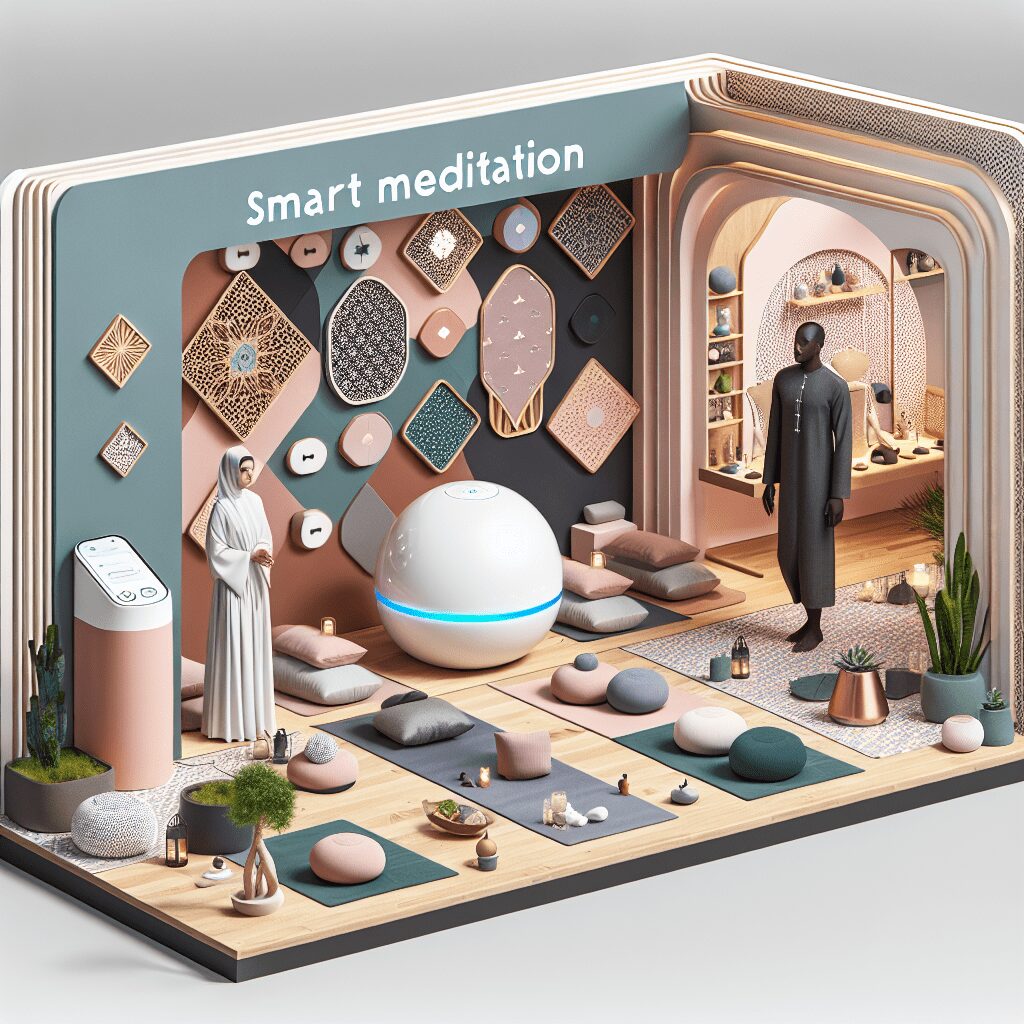
Prioritize your mental well-being daily. Enhance your life by nurturing your mental health with the Smart Meditation app. Break free from stress, alleviate anxiety, and enhance your sleep quality starting today.
Can Lack Of Sleep Cause Vision Problems?
The Unseen Consequences of Sleep Deprivation on Your Vision
Ah, sleep, that elusive mistress. Many of us chase it, few of us catch enough of it, and nearly all of us underestimate its power—especially when it comes to our peepers. It turns out, skimping on shut-eye can do more than just make you yawn and crave an extra cup of joe; it can quite literally change the way you see the world. Let’s peel the eyelids back on this topic and explore how a lack of zzz’s might be affecting your vision.
Blink and You Might Miss: The Link Between Sleep and Sight
Believe it or not, those nights spent binge-watching your favorite series or burning the midnight oil can have tangible effects on your vision. Here’s a rundown of how sleep deprivation plays for keeps with your eyesight:
-
Dry Eyes, Ahoy! Ever wake up feeling like your eyeballs have been swapped for sandpaper? That’s because, during sleep, your eyes rejuvenate with much-needed moisture. Skimp on sleep, and you might just find yourself in the gritty clutches of dry eye syndrome.
-
Hello, Twitchy: Ever notice a little involuntary eye twitch after a night of poor sleep? That’s your body’s way of saying, “Hey, I’m running on fumes here!” This pesky condition, known medically as myokymia, is harmless but can be a tad annoying.
-
Blurry Vision on the Horizon: Without adequate rest, your eyes have a harder time focusing. This can lead to temporary blurriness, making it feel like you’re living in a 90s music video sans the cool soundtrack.
-
Diplomacy in the Dark: When tiredness takes over, your pupils have a harder time responding correctly to changes in light. This can make transitioning from light to dark (and vice versa) feel akin to walking into a diplomatic negotiation without a translator—confusing and a bit slow.
So, what’s the bottom line? Well, while pulling an all-nighter here and there won’t permanently damage your eyes, making a habit of it could lead to some gnarly side effects. Your eyes, like the rest of your body, crave that sweet, sweet downtime to repair and refresh themselves.
Guarding Your Gaze Against the Night
Fret not, fellow nocturnals; all is not lost. There are a few tricks you can employ to minimize the eye impact of those late nights. Here’s a list to get you started:
- Blink More Often: Sounds simple, but consciously blinking more can keep your eyes moist and happy during those late-night sessions.
- Follow the 20-20-20 Rule: Every 20 minutes, look at something 20 feet away for at least 20 seconds. It gives your eyes a much-needed break and can help stave off strain.
- Hydrate Like It’s Your Job: Keeping your body hydrated has a domino effect—benefiting your eyes, too.
- Upgrade Your Screen Situations: Using devices that have blue light filters or wearing glasses that block blue light can help reduce eye strain.
Remember, while it’s tempting to sacrifice sleep for just one more episode or another chapter, your eyes might not thank you for the indulgence. Prioritizing good sleep hygiene not only helps safeguard your vision but enhances overall health. So, next time you consider skirting sleep, remember your eyes are also asking for a bit of shut-eye. Don’t turn a blind eye to the importance of sleep—your vision depends on it.





